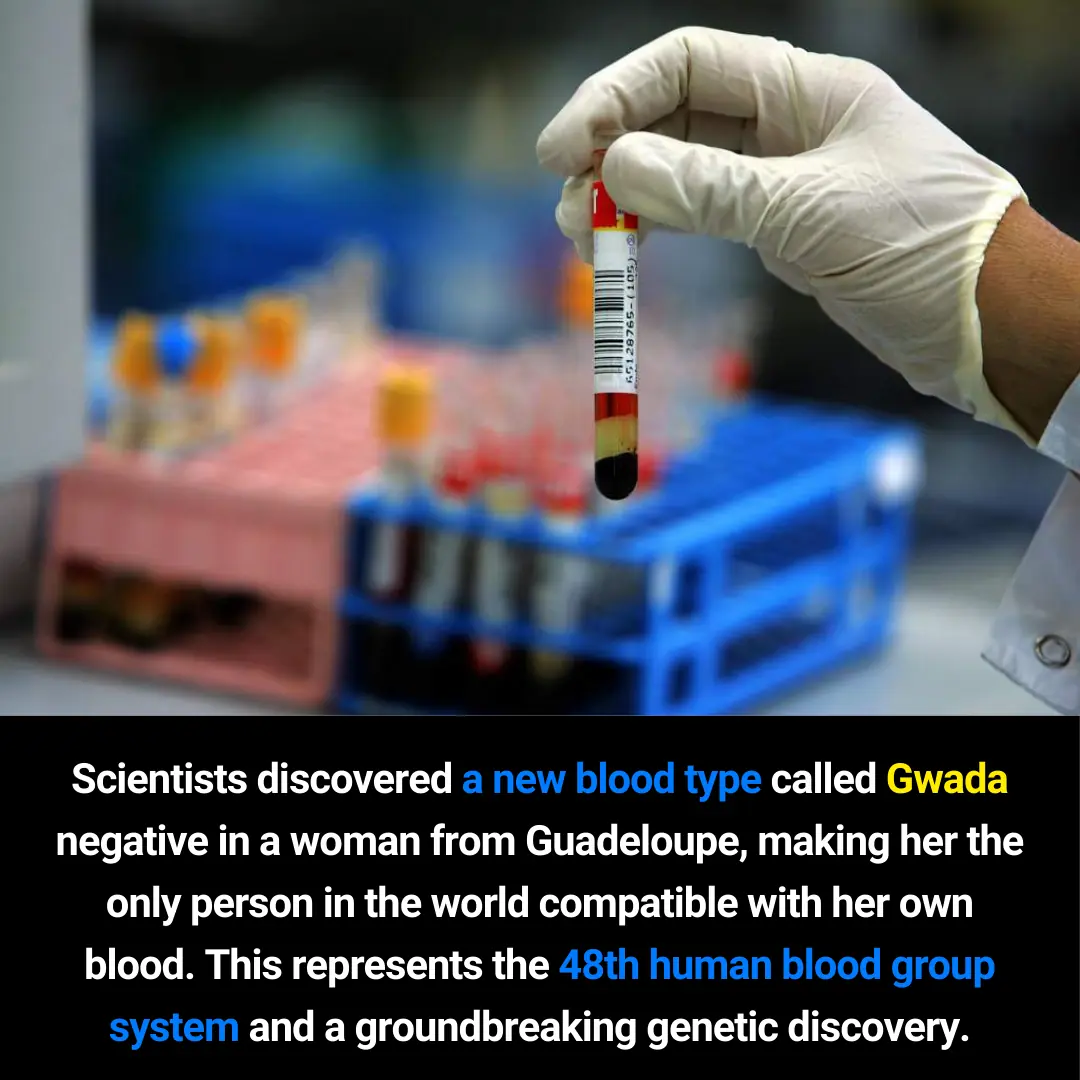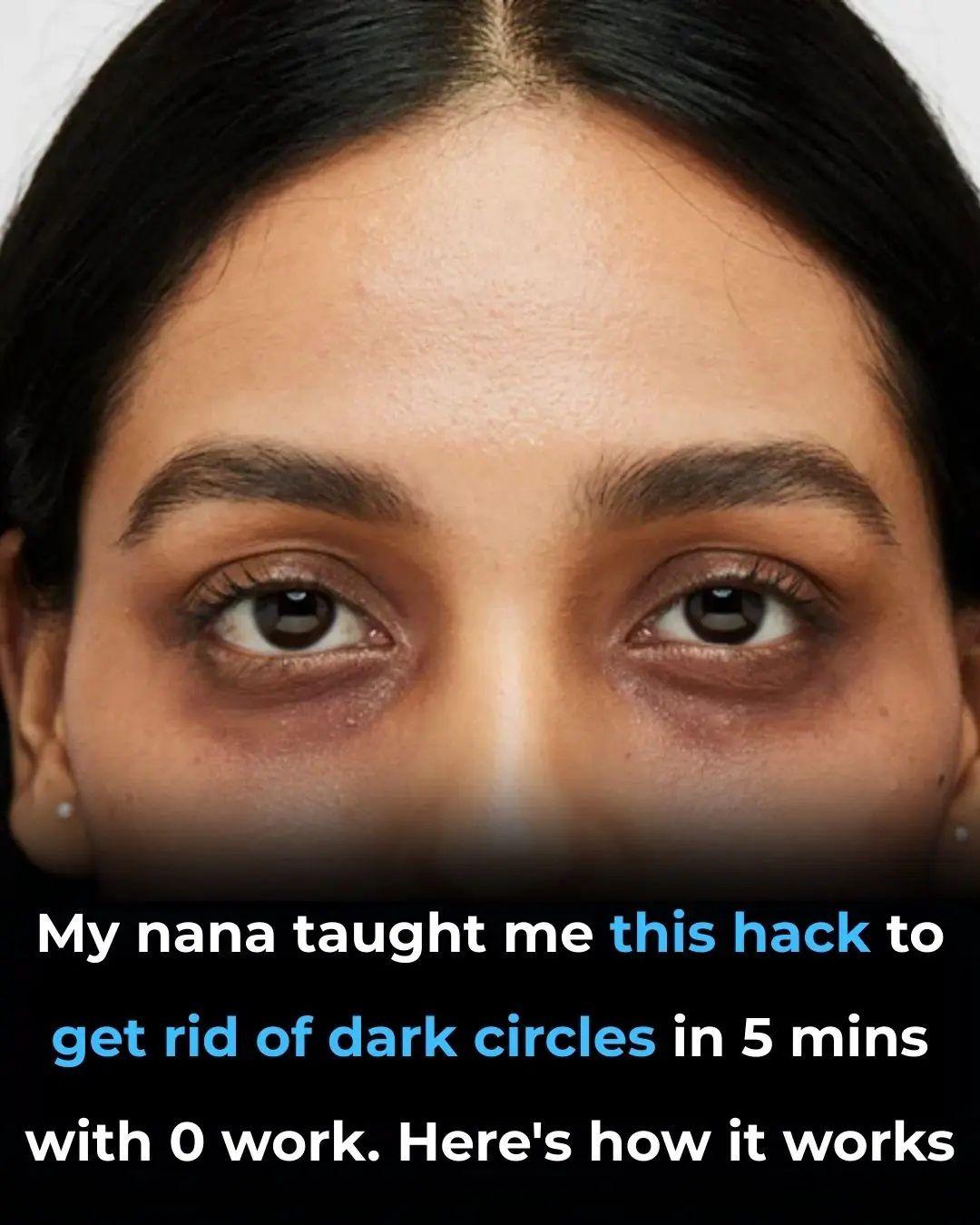
South Korea’s Top Universities Redefine Excellence by Rejecting Students With Bullying Records
In 2025, a significant shift occurred in South Korea’s university admissions landscape: 45 applicants with documented records of school bullying were rejected by several of the nation’s most elite universities, despite having outstanding academic credentials. This move marks a paradigm change — colleges are now placing as much weight on character and conduct as on intelligence and grades.
For many years, bullying in schools has often gone under the radar: those who tormented their peers advanced with ease, while victims struggled in silence. By enforcing these stricter admissions policies, universities are now signaling that academic brilliance alone is no longer enough; if someone excels on paper but has a history of harming others, that is considered a serious red flag.
According to data reported by Korea JoongAng Daily, six of South Korea’s ten flagship national universities denied admission to these 45 students based on their school violence records. Korea Joongang Daily+2Korea Joongang Daily+2 For example, Kyungpook National University rejected the highest number: 22 applicants. 조선일보+1 Even Seoul National University (SNU), widely regarded as the country’s top university, turned away two students who had applied via the College Scholastic Ability Test (CSAT), despite their high scores. Korea Joongang Daily+2www.ndtv.com+2
The policy is not arbitrary. South Korean schools assign disciplinary sanctions for bullying on a nine-level scale, ranging from a written apology (level 1) to expulsion (level 9). Korea Joongang Daily Universities like Kyungpook have started deducting admission points based on how severe these past offenses were: for instance, they subtract 10 points for minor infractions, 50 points for moderate cases, and up to 150 points for the most severe incidents, such as transfers or expulsions. Korea Joongang Daily+1
The rationale behind this policy shift is about more than punishment. University administrators argue that school violence breaches social trust, and they view their institutions as moral guardians with a responsibility to uphold community values. Times Higher Education (THE) They assert that universities should not simply reward academic excellence, but must also foster ethical leaders who understand the impact of their behavior on others.
Indeed, this reversal in admissions criteria reflects a broader societal push for accountability and integrity. As reported by Korea JoongAng Daily, nearly 298 students across more than 70 universities were denied admission last year after their school violence records were assessed. Korea Joongang Daily This data came from a government report obtained by Rep. Kim Young-ho, showing that both national and private institutions are now scrutinizing disciplinary histories — and not just for the most severe offenses. Korea Joongang Daily
The policy change gained momentum after growing public outrage over a high-profile case: the son of former prosecutor Chung Sun-sin was admitted to SNU despite a transfer due to bullying, receiving only a meager two-point deduction on his CSAT score. koreantopik.com+1 That incident sparked nationwide debate about fairness and the moral obligations of universities, prompting lawmakers and educators to demand more stringent evaluation of character.
Starting in 2026, the Ministry of Education will mandate that all universities apply deductions or evaluate past bullying behavior in their admissions decisions, regardless of whether students apply via early admission or through CSAT-based routes. Korea Joongang Daily+1 This is not a temporary gesture, but a concerted long-term reform.
Of course, this shift has sparked challenges and controversy. Critics warn that penalizing young people for past mistakes could stigmatize them permanently, especially adolescents still growing emotionally. koreantopik.com There’s also a surge of legal pushback: more students accused of school violence are now hiring lawyers to appeal disciplinary decisions and admissions rejections, turning what used to be internal school matters into legal battles. Korea Joongang Daily Some education experts caution that this could undermine the fairness and stability of school discipline systems.
Yet, supporters argue that the policy encourages a culture of moral development. These universities are not simply rejecting students — they’re encouraging self-reflection, remorse, and rehabilitation. By refusing admission to those who have caused harm, unless they have genuinely changed, they emphasize that true leadership includes empathy, accountability, and social responsibility.
In sum, the 2025 admission cycle in South Korea represents more than just a policy adjustment. It marks a turning point in how society defines excellence: not only by test scores or grades, but by the quality of one’s character. By prioritizing integrity and compassion, these universities are striving to build a future generation of leaders who not only excel academically, but also lift others up — rather than tear them down.
News in the same category


Community Backlash Stops Padel Court Plans in Bath Amid Rising Demand

26 Years, 214 Countries, 900,000 Kilometers: The Epic Journey of Gunther and Christine

Personal Video with Messi Leads to Dismissal, Raising Questions About Workplace Rules

Sleep: The Hidden Engine Behind Metabolism and Fat Loss

The First Dive: How Hundreds of Emperor Penguin Chicks Took a Daring 50-Foot Plunge

What Happens to Your Body During a 24-Hour Fast?

China Achieves Quantum Teleportation Breakthrough That Could Redefine the Future of Communication

A Comedy Gone Too Far: Five Parrots Split Up After Cursing and Laughing at Guests

Autcraft: How a Father Built a Safe Digital World for Autistic Children

The Healing Power of Bone Broth: From Gut Health to Whole-Body Wellness

Experts Issue Terrifying Warning That Part Of The Earth Is Tearing Apart In A ‘Train Wreck’ Event

Karma’s Gift: How Juliette Lamour Became a $48 Million Winner

Think Twice Before Putting Parchment Paper in the Oven

When your non-stick pan loses its coating, don’t throw it away—do this and it will look new again

Dr. Barry Marshall: The Scientist Who Transformed Ulcer Treatment and Changed Modern Medicine

Dr. Paulo de Valdoleiros: The South African Doctor Redefining Accessible Healthcare

Gwada Negative: The 48th Human Blood Group and an Extraordinary Genetic Discovery

Incredible Survival Story: The Man Who Turned His Broken Car Into a Motorcycle in the Moroccan Desert
News Post

The single move that instantly clears congestion and drains your sinuses

This common diabetes medication may undo the benefits of your workouts

Your legs have a “second heart” — and one simple move can reactivate it fast

9 cancer warning signs your body is sending you (don’t ignore these!)

Here’s the secret why everyone puts avocados on the fire!

Grow Date Trees From Seed (Start in a Pot → Plant Outdoors): The Complete, No-Stress Guide

Guava Leaves for Blood Sugar Control: Nature’s Gift for Diabetics

Utqiagvik Enters 64 Days of Darkness: Inside Alaska’s Annual Polar Night
The Versatility and Benefits of Orange Peel Powder

Here’s the secret why everyone puts avocados on the fire!

Natural Biotin Powder: Get New Hair in Bald Patch, Extreme Hair Growth

Community Backlash Stops Padel Court Plans in Bath Amid Rising Demand

Scientifically Proven Benefits of Pumpkin Seeds (Pepitas) and Pumpkin Seed Oil

26 Years, 214 Countries, 900,000 Kilometers: The Epic Journey of Gunther and Christine

My nana taught me this hack to get rid of dark circles in 5 mins with 0 work. Here’s how it works

The single move that instantly clears congestion and drains your sinuses

Put a cotton ball with VapoRub in your ear & get this remarkable effect

A Drink That May Help Reduce Cancer Risk: Not Tea or Coffee

Tips for preserving ginger without refrigeration
